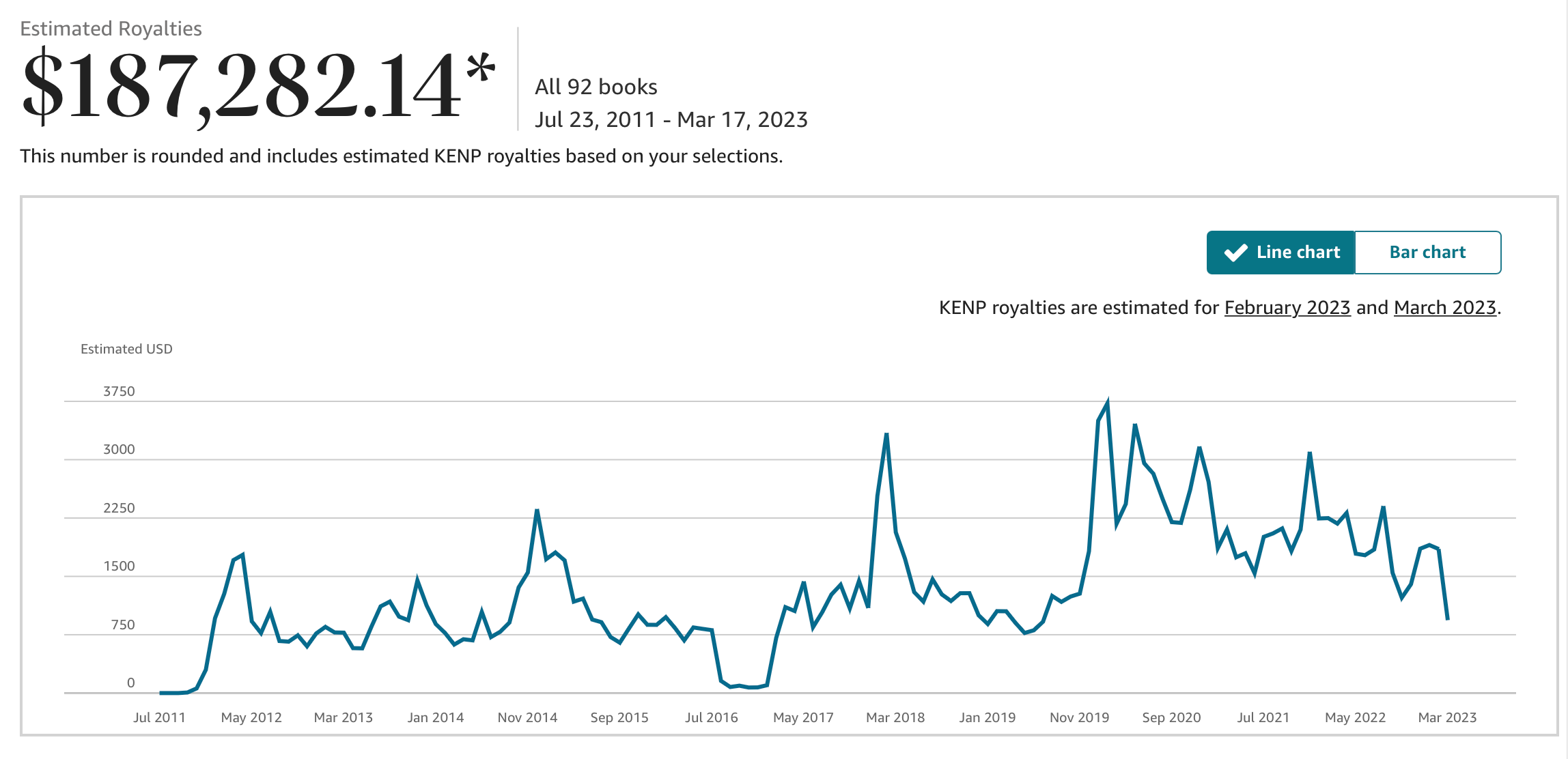Profits doubled, revenue grew by 46%, and staff retention went from 77% to 88%
Since 2018, digital marketing agency Versa has locked its doors every Wednesday.
The initiative was the idea of Versa’s chief executive and founder, Kath Blackham, who was looking for a way to give people greater flexibility in an industry notorious for a long-hours culture.
When Kath first heard of the four-day work week, she pitched the idea to the rest of her leadership team. She was met with a resounding no, as her partners were scared it would negatively affect revenues.
Even though the pitch was unsuccessful, she still believed in the idea enough to trial it with a handpicked group from her own team.
Over three months, this group of experimenters worked four days a week, while getting paid for five. On Wednesdays, they had the day off. After a successful first three months, the experiment was expanded to the other employees. A year later the results were in.
“Profits have doubled, revenue has grown by 46%, and staff retention has gone from 77% to 88%. Plus, people are healthier, happier, and less likely to take sick days.” (Kath Blackham)
Clients were happier too. As the four-day week increased staff retention, clients tended to work with the same people for longer.
Research explains why Wednesdays are the key day
Versa only found success by giving employees a day off in the middle of the week. Initially, staff were given Fridays off, but Kath quickly found her staff thought of this as a long weekend. They also experimented with letting staff choose their own days off; but found this to be unproductive, as it was unclear to clients when each staff member was available.
Creating two short weeks meant that Versa’s staff continued to treat Friday as a proper working day, and scheduled personal appointments for Wednesday. And because Versa’s staff wanted it to work, they became more efficient, spending more time preparing for their week and figuring out how to work smarter to fit their work into four days.
The benefits of having a mid-week break over taking Fridays off are reinforced by Jarrod Haar, a Human Resource Professor at Auckland University of Technology (UAT). Harr analyzed what happened when companies gave staff Wednesdays off, while still being paid for a full-time week.
His findings concluded that teams were just as productive working four days, despite having fewer hours available to dedicate to work. What’s more, managers reported that teams were more creative, demonstrated increased levels of problem-solving, and individual employees were happier.
Harr also investigated what employees used the extra day for. Examples included spending time with family, studying, and completing housework on Wednesday so that the weekend was free. But interestingly, as the experiment progressed a new trend emerged. People began reporting using the day off to join community groups, support charities, and volunteer at their children’s school.
Clearly, having a day off in the middle of the week has benefits beyond an organization and its employees — allowing individuals to actively contribute to their local community.
Has the time come for the four-day work week?
People all over the world are working longer hours, taking less holiday, and are no longer adhering to an eight-hour workday.
Technological advancement and the prevalence of flexible working have created an ‘always on’ work culture, where we are constantly available via email, skype, zoom, teams, and text. Working in this way makes you feel like you need to work more hours to get more done.
We know working long hours is bad for people. It’s associated with hypertension, heart disease, stress anxiety, and depression. But it’s more evident than ever that it’s detrimental to companies too.
Contrary to popular belief, working long hours does not correlate with increased productivity. A recent Stanford study found that productivity per hour declines sharply when someone works more than 50 hours a week. After 55 hours, productivity drops so much that putting in any more hours is pointless.
Put simply, working long hours is unproductive for companies and bad for employees. While a shorter work week may not be suitable for all companies, numerous studies have shown that working less can increase productivity, staff retention, and employee happiness.
The challenge companies now face is understanding how to balance the benefits that come with technological innovation against people’s desire to live a life outside of work.
No work Wednesdays might just be the answer.





